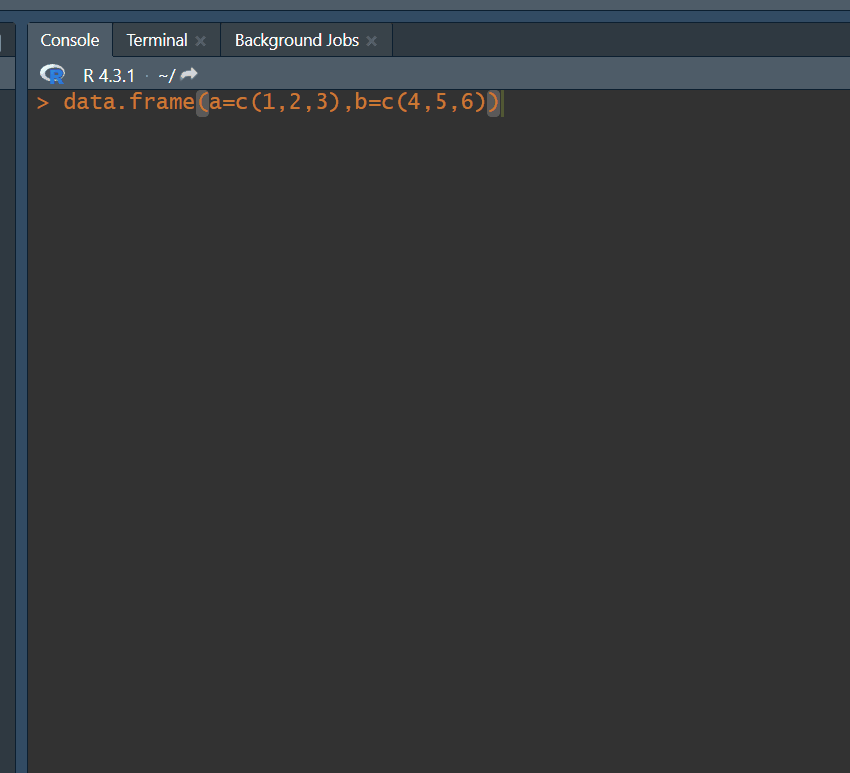Code
data.frame(a=c(1,2,3),b=c(4,5,6)) #oops, forgot to save it to a variable a b
1 1 4
2 2 5
3 3 6Rafael Belokurows
May 7, 2024
Greetings!
A quick R tip to get thins going:
If you’re a bit distracted like me and you sometimes forget to store your variables or outputs, having to run the same function more than once, like so:
data.frame(a=c(1,2,3),b=c(4,5,6)) #oops, forgot to save it to a variable a b
1 1 4
2 2 5
3 3 6Instead of doing this :
df <- data.frame(a=c(1,2,3),b=c(4,5,6)) #there you go
df a b
1 1 4
2 2 5
3 3 6Then I might have the solution for you. Base R has a function called .Last.value1 that recalls and lets you reuse your last console output (be it whatever it is).
This way, you can store it in a variable and do whatever you wanted to do with it in the first place!

You may ask me: Ok, but how will that save me time? Can’t I press the up arrow ⬆ and run the same code again? Yeah, sure, but what if you just ran a complex operation on a dataframe with many thousands of rows (or more)?
Using .Last.value lets you reuse the same data, this way you won’t waste time or computing power (which in a hosted environment could cost you some money).
This is the first of a series of tips to come, stay tuned for more!
For more (but not whole more of a lot) on this function, there’s always R’s documentation.↩︎